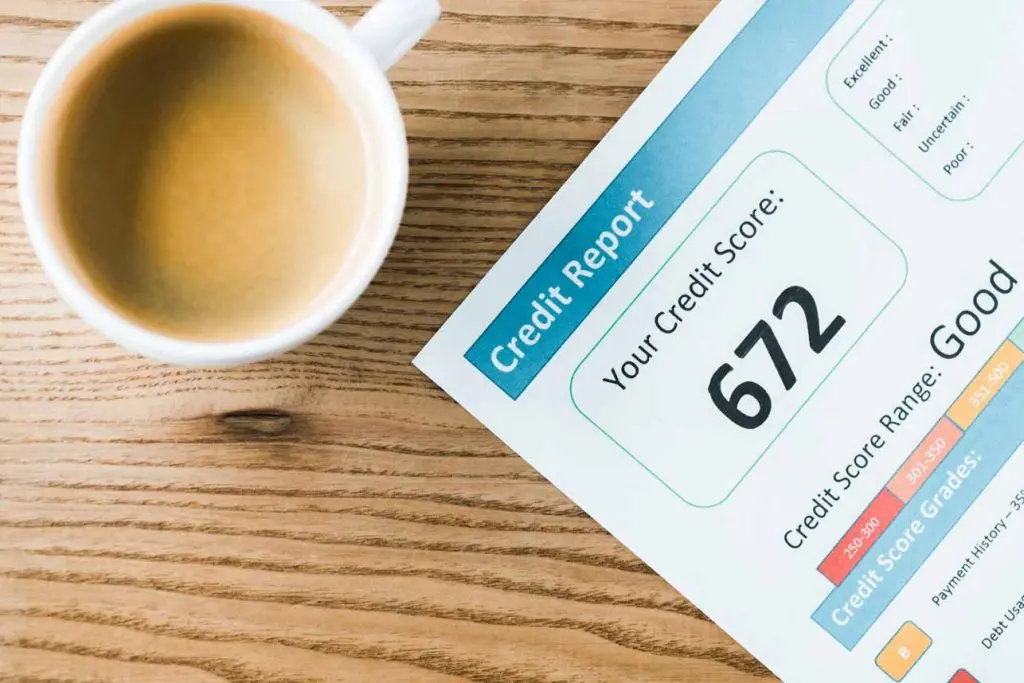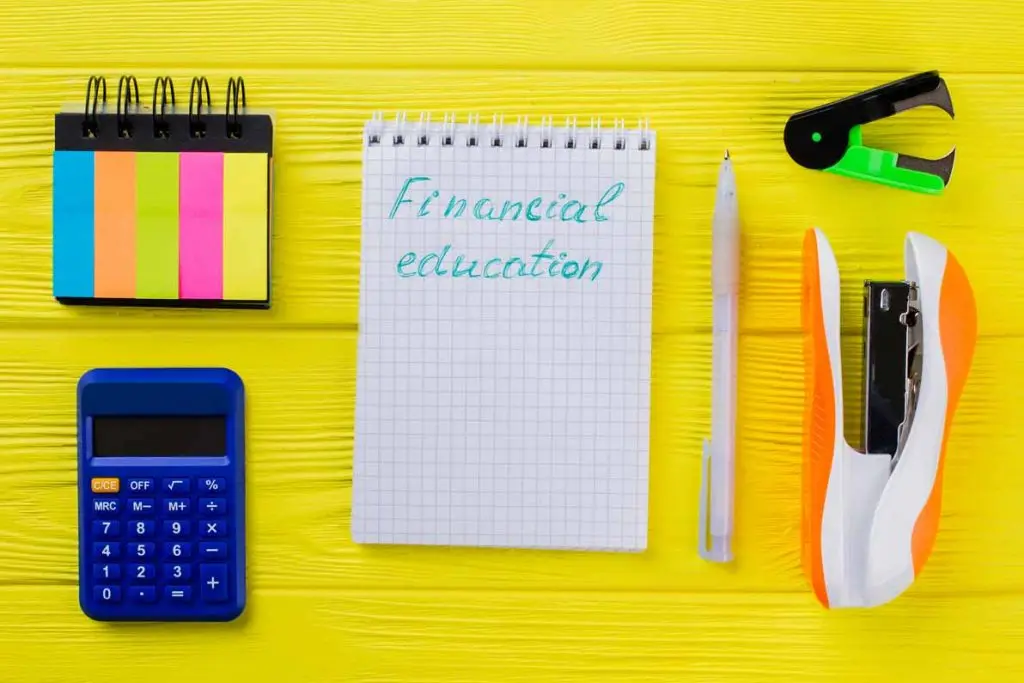Money Management Skills, Did you thinking of teaching your teens about this skill now, to protect them in the future?
Many teenagers are eager to strike out on their own when they finish high school or college.
As parents, it is our job to help them with their futures and what challenges lie ahead.
When I was young, I remember watching televised college graduation, and atop one of the student’s graduation caps was the message, “Send $.” Although it was a clever joke, the sentiment rang true.



When most students graduate college, they find themselves mired in debt. Whether it’s student loan debt, credit card debt, or just poor money management skills, young people can find themselves in serious trouble unless we prepare them for the financial realities of the real world.
This blog post will discuss the various basic money management skills that you can (and should) teach your kids before they leave the nest.
For teens and young adults, money always talks
Before we talk about better financial habits, I wanted to share a story that I heard a long time ago to help frame our discussion about young people and money.
This particular story is about a young college student who hadn’t been in touch with his parents for quite some time. Phone calls, messages, and letters had gone unanswered, and the student’s mom was starting to get worried.
Dad assured mom that they would hear from their son within a week.
He mailed his son a greeting card with a note that read, “Please enjoy the enclosed $100 check. I know a college student can always use extra money for their busy lifestyle.” He sent the card without putting any money inside.

The son called home within a week to see if dad had forgotten something because, let’s face it, kids always seem to need money.
The fact is, the financial support that we give our offspring doesn’t end when they leave home, but if we begin teaching them the basic financial skills that they need early on, we can help ease the financial burden.
Teens need basic money management skills to survive without our help

Start early and re-iterate if you want your kids to grow financially responsible and secure. It is not a parent’s job to be their kid’s best friend. It’s their job to prepare them for the road ahead.
My parents weren’t flush with money and, with six other mouths to feed, they set clear boundaries when it came to finances. I got a $200 a month stipend in college, and I knew that was it. There was no extra pot of gold to cover my mistakes.
That taught me two important lessons:
- Lesson #1: I was responsible for learning how to live on a fixed budget.
- Lesson #2: No one was coming to be my savior.
In the end, I knew that I had to make it work, which helped me to become laser-focused.
Budgeting for teens is like learning to swim

Budgeting is one of the most important money management skills a young teenager must learn.
When a child learns to swim, they’re taught how to breathe, move their arms, and kick their legs before they can move out to the deep end. Just like learning to swim, your child needs guidance to learn the basics of budgeting.
To learn basic budgeting skills, teens need hands-on experience properly allocating income and tracking expenses, and it needs to be done right.
Without your guidance, it would be like throwing them in the water and expecting them to learn how to swim on their own. If you want your kids to learn how to budget correctly, you need to teach them and guide them through their mistakes.
Teaching them how to manage a budget for several months before they leave home will prove to be an invaluable lesson.
For more information on teaching teens the basics of budgeting, check out this excellent podcast from Mak & G, entitled “Perfect Practice”.
Talking to teens about credit cards and other credit products
Even on a budget, kids can overspend.
On their college campus, they are likely to get hit up by a credit card rep with a pre-approved card just for them and, if they play their “cards” right (pun intended), you’ll never know about it.
Our teens need to learn about the different types of credit products available, how interest rates work, and how to build a good credit history.
While this may sound like a simple lesson to teach about money management skills, most teens can’t relate to things they have never experienced. Try explaining a rotary phone to a teen and watch how quickly they lose interest.
Teaching them about credit may not be easy, but it is extremely helpful.
Teaching teens about the importance of good credit

A nail gun is useful when building a house, but it can be an incredibly dangerous tool if misused. Without training in the proper use of a nail gun, you may end up in the emergency room.
We can think of credit cards are the same way.

Credit cards are great for earning points, building credit, and making our lives easier. However, if you misuse them, you could end up ruining your credit score, and your credit score is much more important than you may realize.
Want to learn more about this subject? Check out our awesome video about personal credit score insights.
To frame the discussion about credit, you’ll want to discuss the difference between good and bad debt with your teen. Good debt comes from purchases that build wealth or help earn money.
Examples of good debt would be a car loan or a mortgage.
To get to and from work, you may need to purchase a car. Although a vehicle loses value over time, it certainly helps you earn money. Similarly, owning a home keeps a roof over your head and is also a wealth-building asset.
These are examples of good debt.
Credit card purchases that accumulate debt for “want” items are generally considered bad debt.
Just because you want a flat-screen TV doesn’t mean you should purchase it, especially using the money you don’t have (debt).
Understanding debt, credit ratings, and interest rates is a fundamental skill every teen should possess.
It’s non-negotiable.
Teaching teens the importance of saving

No budget discussion with a teenager is complete without a lesson about savings because no budget is complete without a portion dedicated specifically to it.
Saving money requires discipline and is best learned over time.
The best approach to saving money is to do so in a way that doesn’t affect your lifestyle.
The perfect example would be increasing your retirement contribution each time you get a raise at work so it doesn’t affect your day to day life. Your take-home pay remains the same in this scenario while your savings grow.
For kids and teens, these savings opportunities may come in the form of birthday cash, tax refunds, holiday money, and graduation gifts, to name a few. When you identify and budget those painless savings opportunities, you can ease spending limits around these “windfalls” and make budgeting more fun while still teaching valuable lessons.
An emergency fund is a great first savings goal for teens

Any discussion about savings should lead to a teen’s first savings goal, an emergency fund. An emergency fund acts as a fall back plan that can offer financial peace of mind.
In my first semester of college, I went overboard on spending and learned the hard way about life without a safety net. I had drained my savings, and my monthly stipend from my parents wasn’t enough.
So, during the holidays, I worked every day, saved money, and started a t-shirt business. Not only was I able to earn more spending money, but I was also able to build an emergency fund to ease the financial stress of college life.
Everyone, including our kids, should build an emergency fund as soon as possible so that there is money set aside for unexpected expenses.
Every teen should know about investing

The idea of investing may seem foreign to a teenager, but it shouldn’t.
There will come a day when the topics of budgeting, saving and investing will collide in your child’s life, and you’ll want them prepared. Understanding investment options, how investing works, and the importance of suitable investments are money management skills they will use throughout their life.
Don’t let your insecurity about investments keep you from teaching your kids about the choices you’ve made, whether they are good or bad. If you have a trusted financial advisor, bring your kids along with you the next time you meet with them. Giving them real-world experience is the best way to prepare them for what’s to come.

The importance of financial literacy for teens
These are just a few financial literacy topics that every teenager should know before leaving home.
While the subjects can seem overwhelming at first, learning these basic money management skills will lay the groundwork to help prepare them to manage their finances effectively, well into the future.








